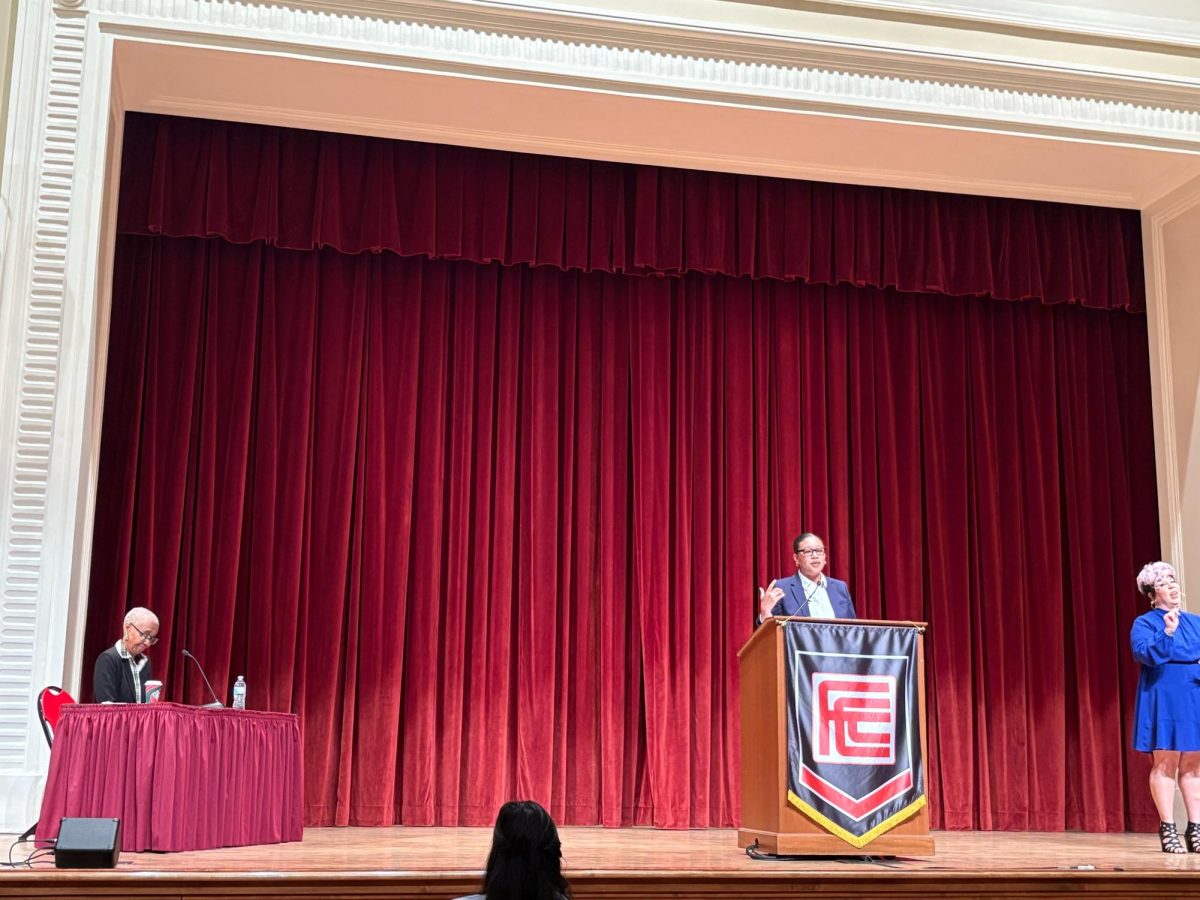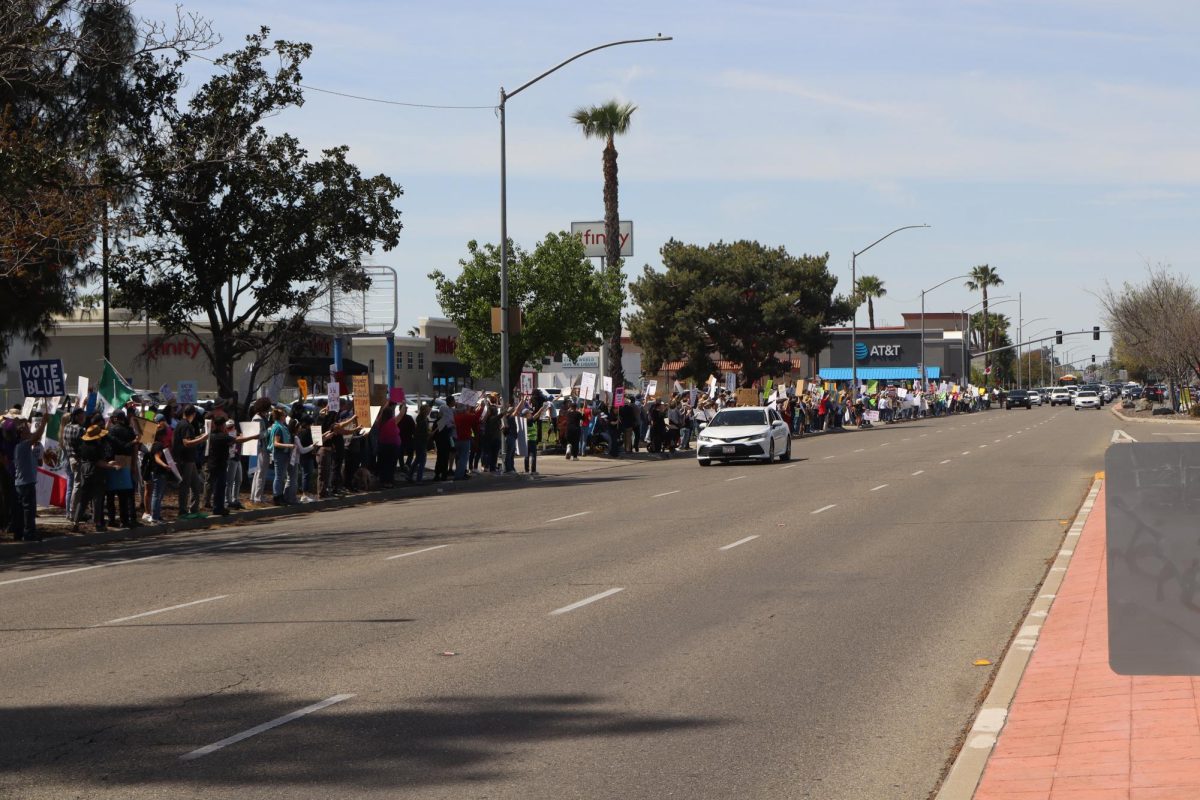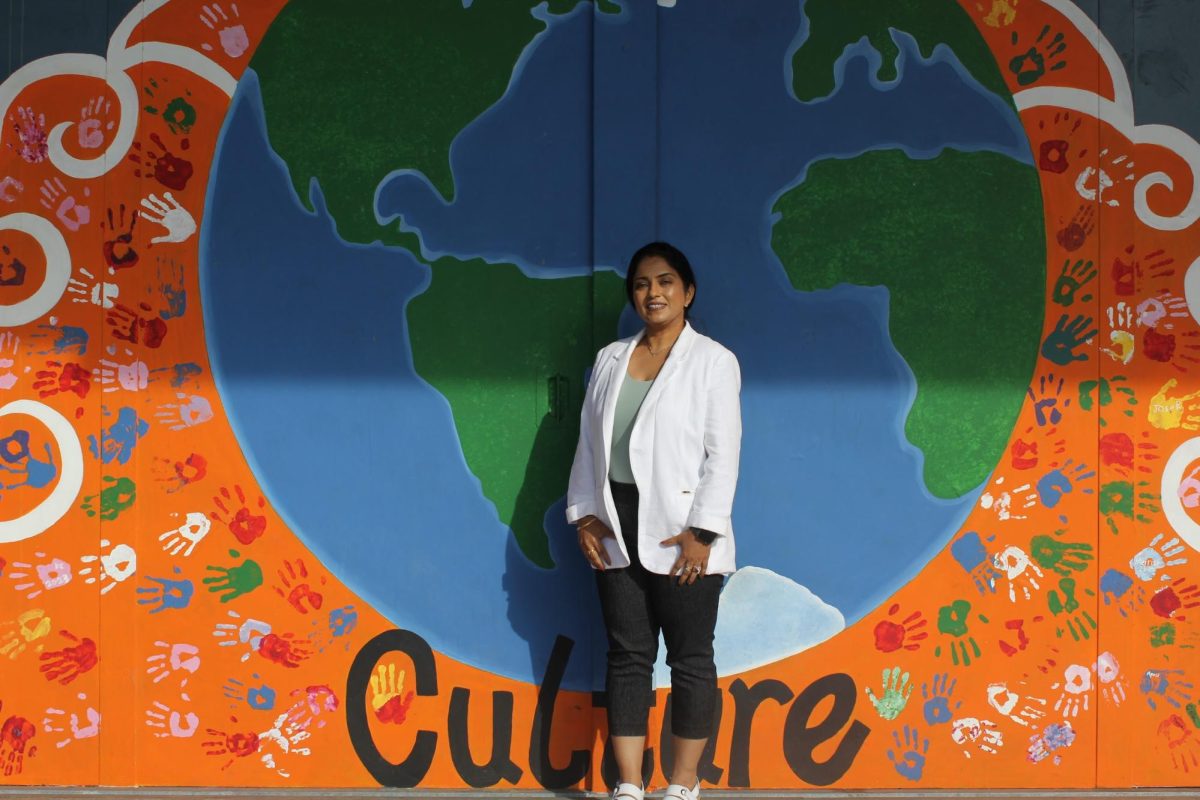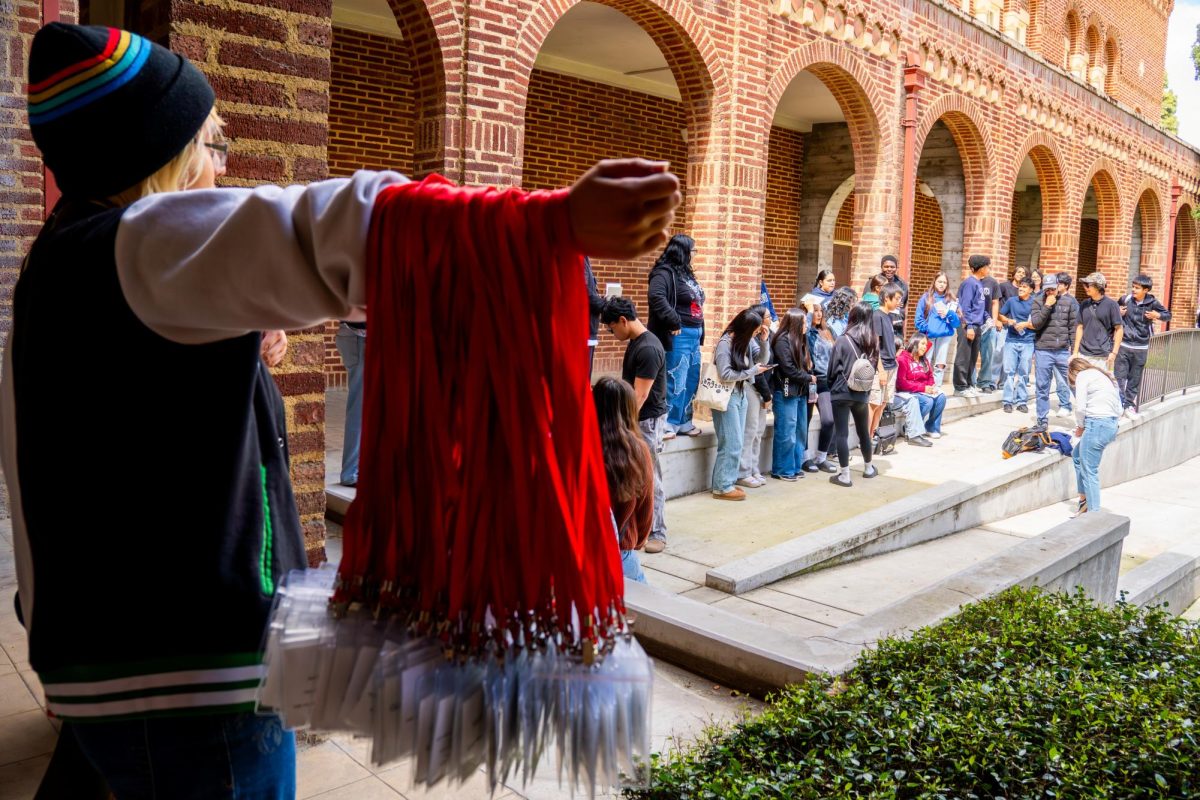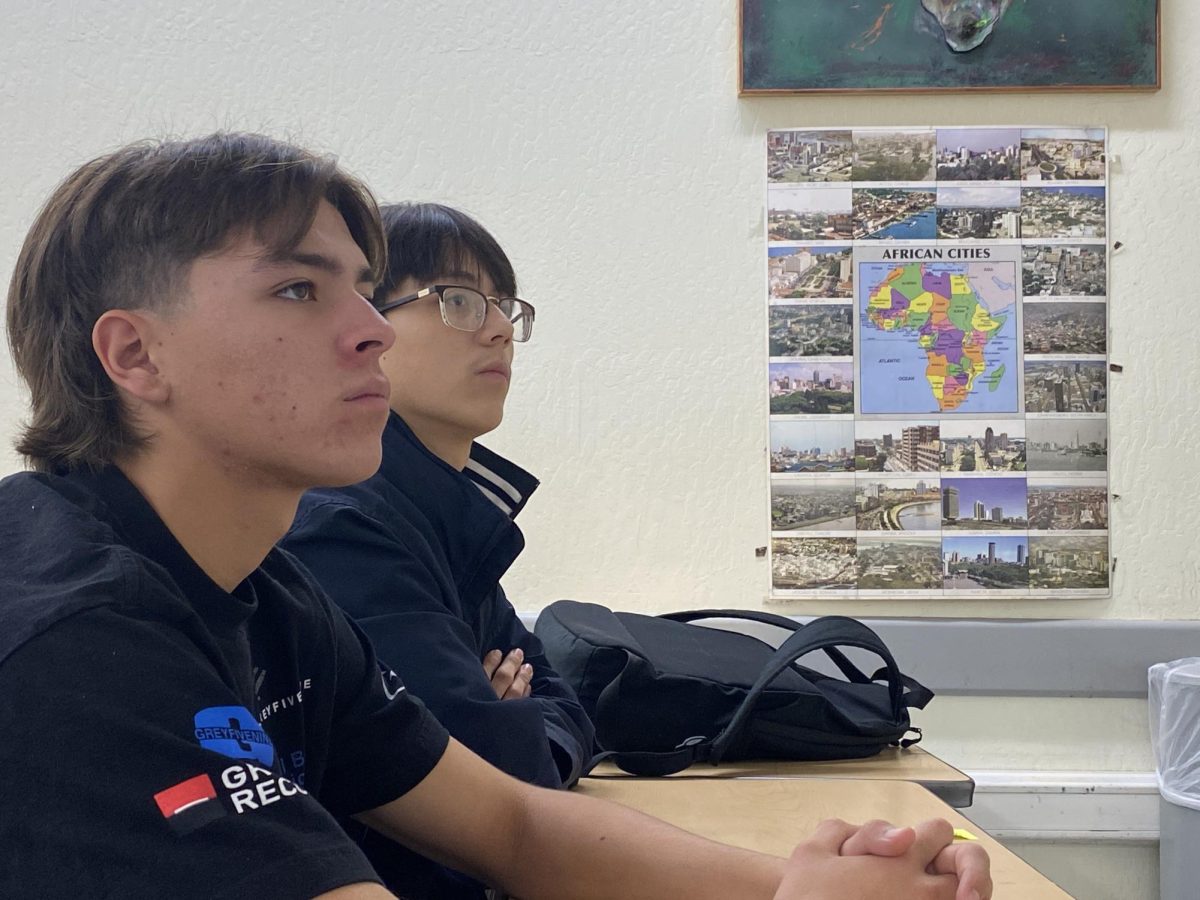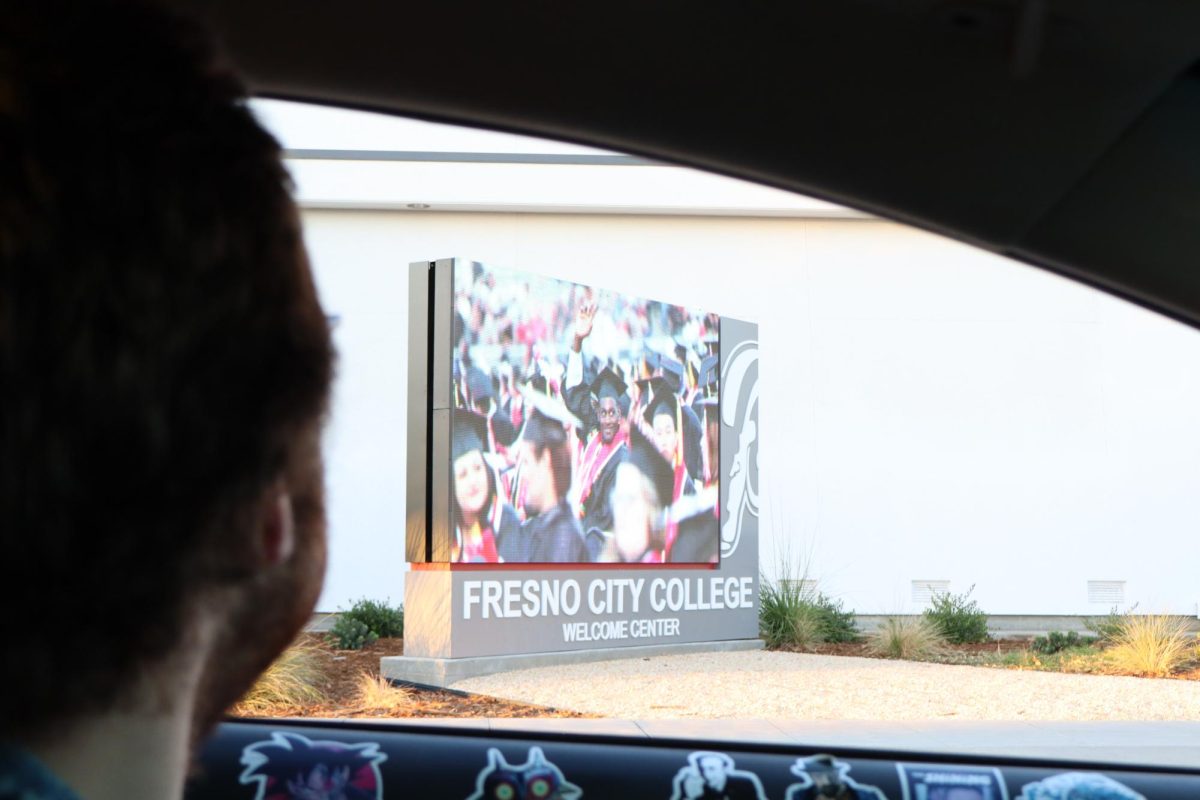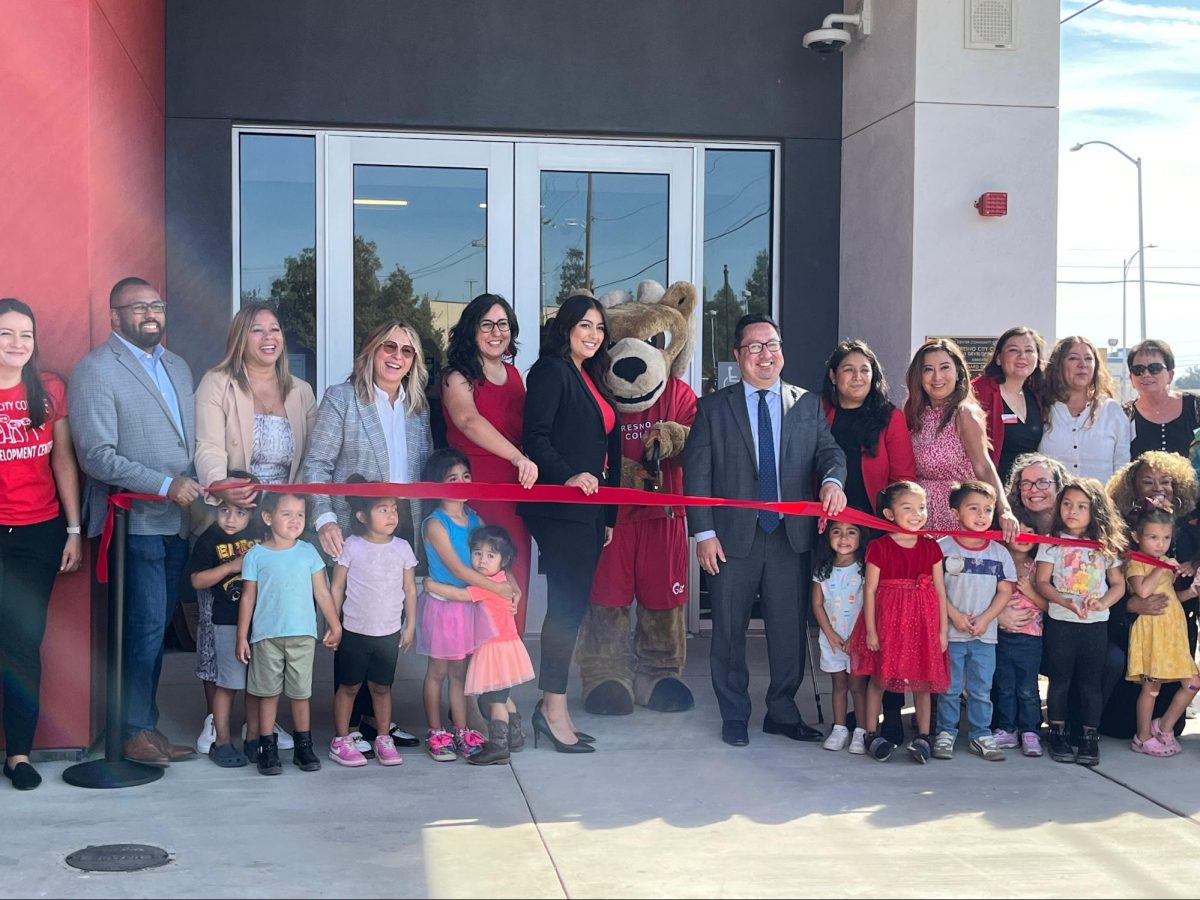A majority of Fresno City College students would like more technology in the instruction they receive at the college, according to the results of a technology survey conducted in the spring of 2012.
Seventy-seven percent of the students polled said they want their instructors to hold virtual office hours, and 63 percent said they would take a hybrid class with meetings that meet face-to-face half of the time and online the other half.
The survey also showed that 43 percent of FCC students were not aware that they could forward their SCCCD email to their personal emails.
“This is sponsored by the distance education committee, but the results will be used all over campus for different things,” said Lynn Badertscher, member of the committee.
Via email, 2,884 FCC students responded to the survey by the Distance Education committee to gauge students’ use of technology and improvements they want the college to implement.
Don Lopez, director of technology, said one of the goals of the survey is to “figure out what students wanted.” He added, “We know students want classes but in what method?”
Another goal of the survey, according to Badertscher, is to learn the technological habits of FCC students. As well as find out the needs of students enrolled in online classes and help them attain more success.
Faculty members also completed a similar survey about technology and the way they use it in their online and face-to-face classes. There are plans to compare the results of the students’ survey and the faculty responses in an upcoming flex day workshop.
“We’re taking those results and combining them with the students’ survey results and trying to match and make sure that our perceptions of why a student takes an online class and what they need to succeed and then the perception of a faculty member as to why a student takes an online class and make sure they match,” Lopez said. “And if they’re not matching, why aren’t they matching and what can we do to make sure that our faculty members are trained appropriately?”
In response to a survey question asking for ways to improve distance education, FCC students listed online tutoring, online counseling, educational plans and more online classes.
Lopez said the request for online tutoring and counseling and educational planning are all things that students in face-to-face classes already take advantage of so it came as no surprise.
The survey was prepared by Lopez and Badertscher with revisions from other committee members. It consisted of 31 questions that ranged from broad and wide ranging topics such as age, gender and email accounts to specialized questions about online classes, social media and internet usage on and off campus.
“We sent it out for the first time in the spring semester,” said Badertscher.
The committee has not decided about future surveys. “We’re all really pleased about getting this kind of information,” Badertscher said. “I wouldn’t be surprised to see us doing more of it.”
Lopez also said he thinks this is the “beginning of a larger conversation about distance education and technology and our students and what they look like in the 21st century.”

